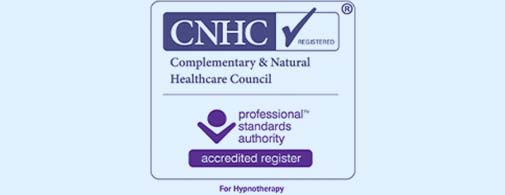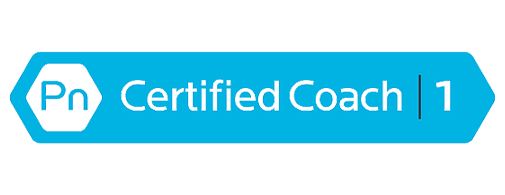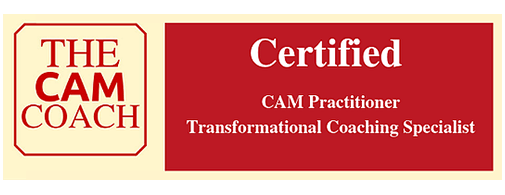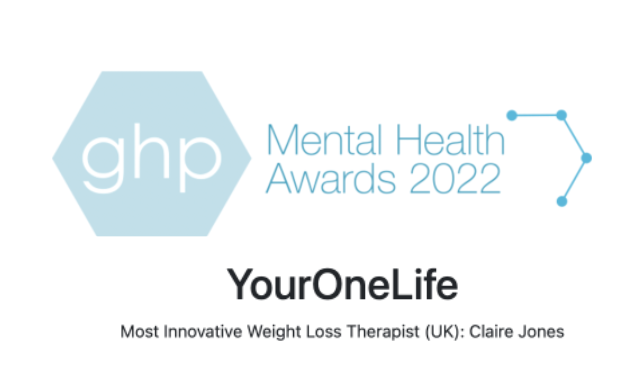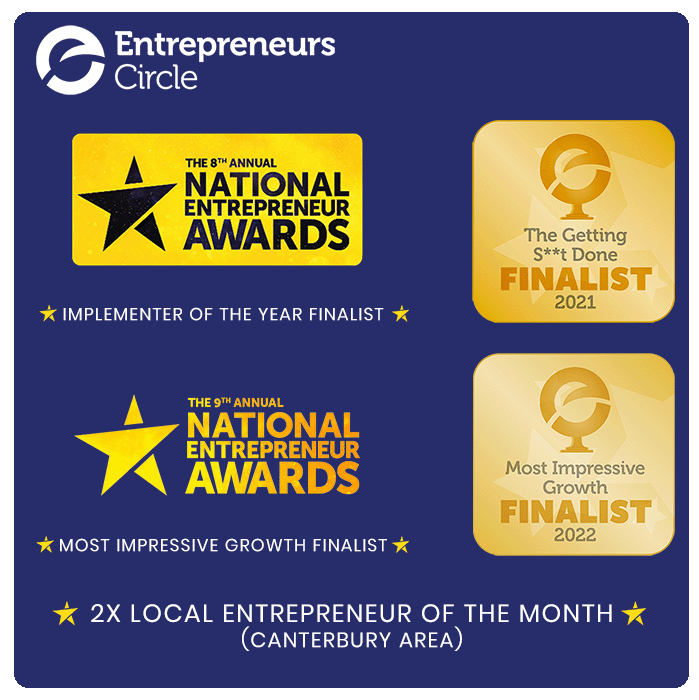“Is it possible to live on a low carbohydrate diet indefinitely?
The only way I managed to lose 3 stone about 3 years ago was to go low carb, so giving up bread, rice, pasta, potatoes, pastry, pizza, crisps, noodles, beer, sugary desserts and drinks, and instead living on meat, fish, dairy, cheese, cream, butter, nuts, eggs, vegetables, salad and some fruit.
Very hard work but at least I didn’t feel hungry because I could fill up on good sized portions of meals, whereas calorie counting was just so dull and you are hungry all the time.”
 Firstly, well done on losing 3 stone 3 years ago – that’s great evidence for you that you CAN lose weight.
Firstly, well done on losing 3 stone 3 years ago – that’s great evidence for you that you CAN lose weight.
In answer to your question, yes it is possible, but it’s important remember that not all carbs are equal… which I will explain in a moment.
It’s also important to consider whether it’s likely that YOU could live this way indefinitely, because it may be going against what you want to do – you may be more likely to be doing it because you think you HAVE to, and as you say it was very hard work.
Therefore there may be a tendency to rebel, at some point.
I do not encourage extreme ways of thinking and behaving, except for very short, manageable periods, because they generally tend to store up problems. If you have a specific health issue where it’s vital to not eat certain foods, that is a different matter, and a subject for another day.
The problem when we restrict foods that we naturally choose, is that we tend to want them more. In my opinion, it’s more important to learn how to live with these foods so that we can manage ourselves around them, rather than take them out of our lives altogether. To remove them can store up problems for the future.
I am living proof that it’s possible to overcome this – as I type this I have an unopened box of chocolates on my table behind me that has been there since Christmas Day! I will open them at some point, and when I do, I will be able to stick to eating 1, 2 or 3 of them at a time, and not overeat, and most importantly, to not feel in conflict about it either. In my past I would have eaten them all on the day I was given them. I might not share them though, haha!
It’s also important to consider what is the purpose of doing such a diet? If it’s short-term to get rid of some pounds quite quickly and you know it works for you without causing you any problems, then by all means go ahead. It also has a number of health benefits for certain people. However, it can also cause problems so it’s important that you do your research to make sure it’s right for you. See the link at the bottom on the pros and cons.
Whatever you do it’s really important to consider what happens after you finish this diet.
This is because if these foods are foods that you really love and you’ve gone for a long period of time without them, how are you going to be once you’ve lost your weight? Are you going to want to, and be able to, live without them? What has your previous experience been? If your previous experience is that you simply went back to eating them and regained your weight s a result, it’s important that you learn how to master this.
I’d also like to address the point about calorie counting being dull, and being hungry all the time.
Whatever approach you choose to lose weight, if you are actually losing weight it’s calorie controlled, whether you’re counting the calories or not. You have to eat less than your body needs in order to make it use the fat stores for fuel to make up the shortfall.
So when it comes to calorie counting, as long as you’re choosing foods that you enjoy, that fill you up and give you satisfaction, and are not overly choosing foods that are not in line with your goals, then there’s no reason why you should go hungry whilst calorie counting.
Calorie counting has huge educational benefits with regard to increasing our awareness about what we’re eating so that we can manage our weight well for life. It will help you to ensure you are getting the right balance of nutrition too, as it’s not just about the energy, it’s about the composition of our foods. Think of it in the same way as managing your money – you need to know how much you have, what your budget is, and what things cost, in order to be able to make your money last the week or the month.
It’s also not boring if you find a good system, and it can actually be very enlightening and empowering, as long as you are being accurate. There are a lot of apps out there that can help you with this. They make it very easy once you do the initial work to get it set up the way you like it.
So something you could try is to eat the way you are proposing, AND count the calories for a couple of weeks just to learn about what you’re eating. It’ll help you enormously when it comes to maintenance.
Another option is to just consider cutting out the heavily processed carbs, as less processed carbohydrates, like rice, pasta, potatoes, and even certain breads are not as problematic for most people as we are led to believe, as long as we eat them in the right quantities, as part of a balanced meal with protein and fat and not on their own, so that they don’t leave us feeling hungry soon after.
They have great benefits and they are the most easily used by the body for energy. As long as you are in a calorie deficit and eating a healthy, balanced diet, you will still lose weight while eating minimally processed carbs. Think about choosing foods, not products, when deciding what to eat – so the more natural the better.
So there may not be any need to give up rice, pasta and potatoes, or even certain breads. You could just have them in controlled portion sizes, but yes minimise or avoid the pastry, pizza, crisps, noodles, beer, sugary desserts and drinks, as these are processed, low in nutrients and high in calories. You want to mostly eat foods that are as natural as possible in order to get the best of your calorie allowance, whether you are counting them or not. See the EatWell Guide link at the bottom.
Whatever you eat you MUST make sure you are choosing foods that you enjoy, and look forward to eating, otherwise you simply won’t stick at it for long. Eating slowly is crucial too.
I typically suggest people aim for 80-90% minimally processed and allow for 10-20% of their calories to come from those less healthy, more processed foods – and knowing how many calories are in them and the appropriate portion sizes is crucial to this working.
When doing this and counting calories many people find this is a really effective way of being able to eat the food and drinks that they love whilst also losing weight.
Using my Top 10 Tips is crucial whatever method you choose.
Finally, the most important element of this process is to develop the right mindset, by learning ways to make sure that you’re in control of your actions, so that you can actually follow whatever it is that you want to do. If we don’t do this, the practical efforts are often short lived and temporary.
The bottom line is finding that happy medium where you can eat the foods you like and love whilst not getting too hungry, and still getting the long term results that you want.
If you need more formal help with this, then please feel welcome to get in touch or check out my books and e-books How to Eat Less and Preparing for Successful Weight Loss
Here are some articles for further reading.
https://www.youronelife.co.uk/no-bs-how-to-lose-weight/
https://www.youronelife.co.uk/portion-control-without-counting-calories/
https://www.youronelife.co.uk/how-to-stop-eating-your-emotions/
https://www.weightlossresources.co.uk/diet/low-carb-benefits-risks.htm




